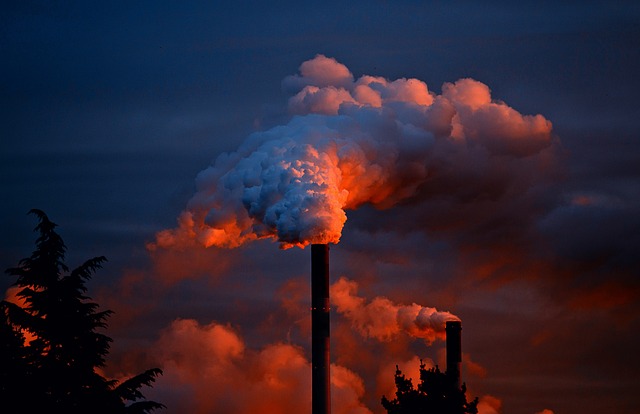Higher levels of air pollution in a city increases rates of property crime, finds new research from Nazarbayev University Graduate School of Business (NU GSB).
David DeRemer, Assistant Professor from NU GSB, and Birzhan Batkeyev, Assistant Professor from Kazakh-British Technical University, investigated the impact of air pollution on crime rates. They used the location of Almaty in Kazakhstan as it relies heavily on coal heating in winter, and air pollution in the city regularly exceeds international safety standards. For seasonal air pollution in winter, Almaty ranks among the dirtiest 2% of cities worldwide.
They collected data on air pollution, crime, and weather for Almaty over three winters, broadly defined as December to March, and found that increased air pollution leads to significant increases in both major and minor crime rates.
However, results also showed that air pollution only impacts property crime, particularly major theft; not violent crime. This is consistent with the theory that air pollution disrupts sound decision-making, leading to higher discounting rather than aggression.
Discounting is the extent to which an individual devalues a good in the future relative to present. Higher discounting leads to placing greater importance on having something in the immediate, without considering potential future consequences.
“We hope this study can help policymakers recognise that air pollution is not only a health problem but a cause of broader economic harm,” explains Dr. DeRemer. “Air pollution is not a trade-off between improving public health and economic growth, but a priority for both short-term and long-term economic prosperity.”
This research has been accepted by the Journal of Economic Behavior & Organization
- Contributor



